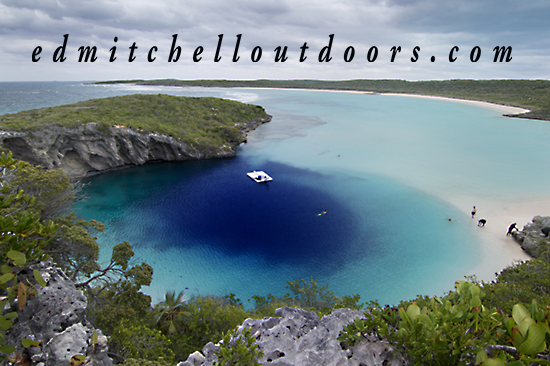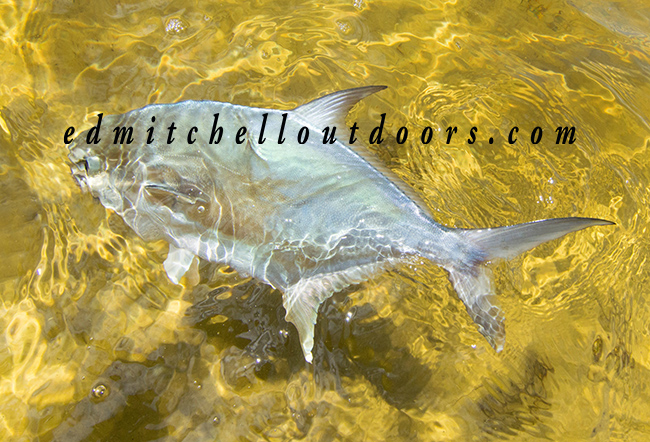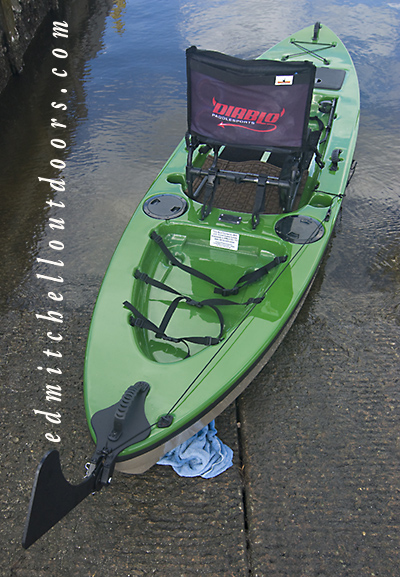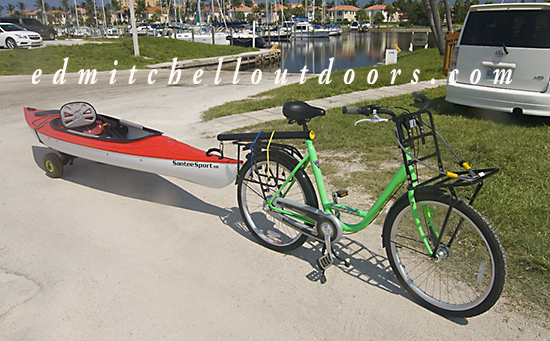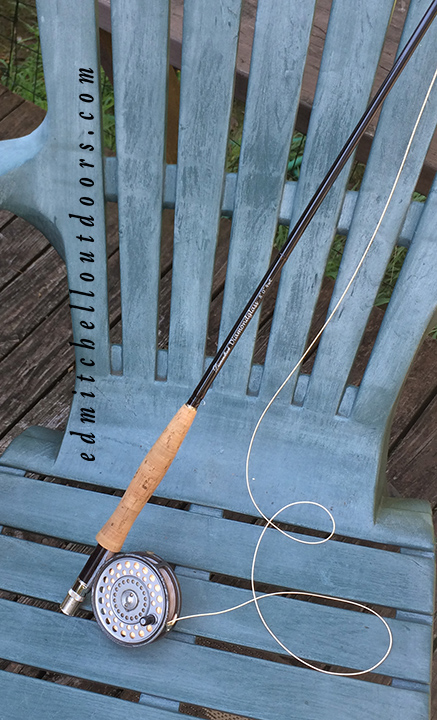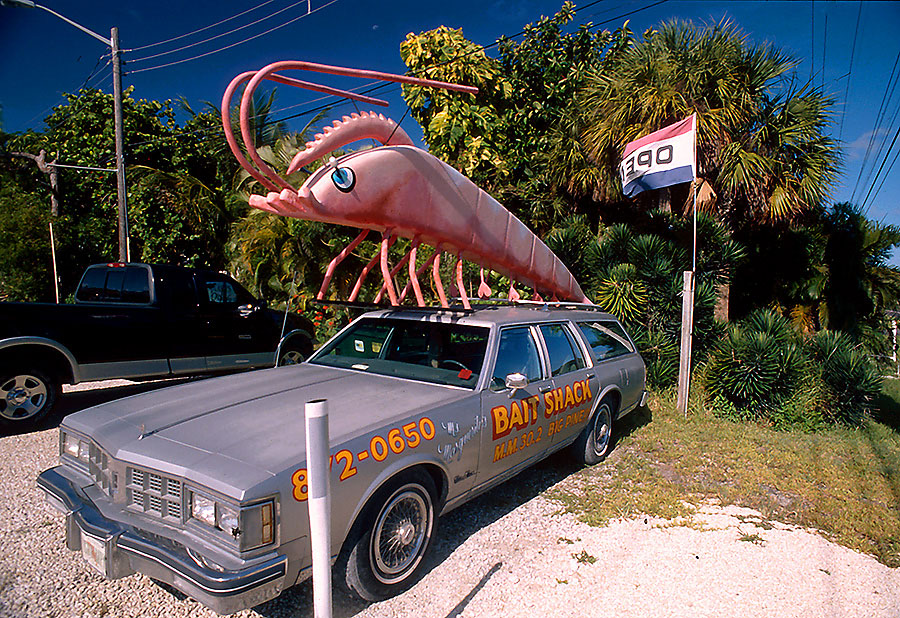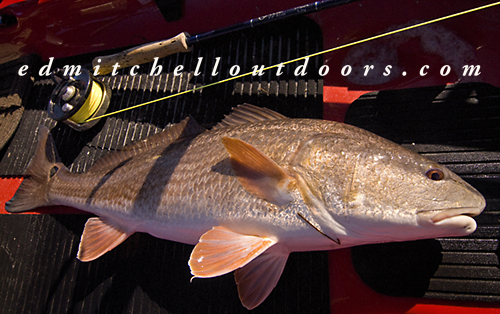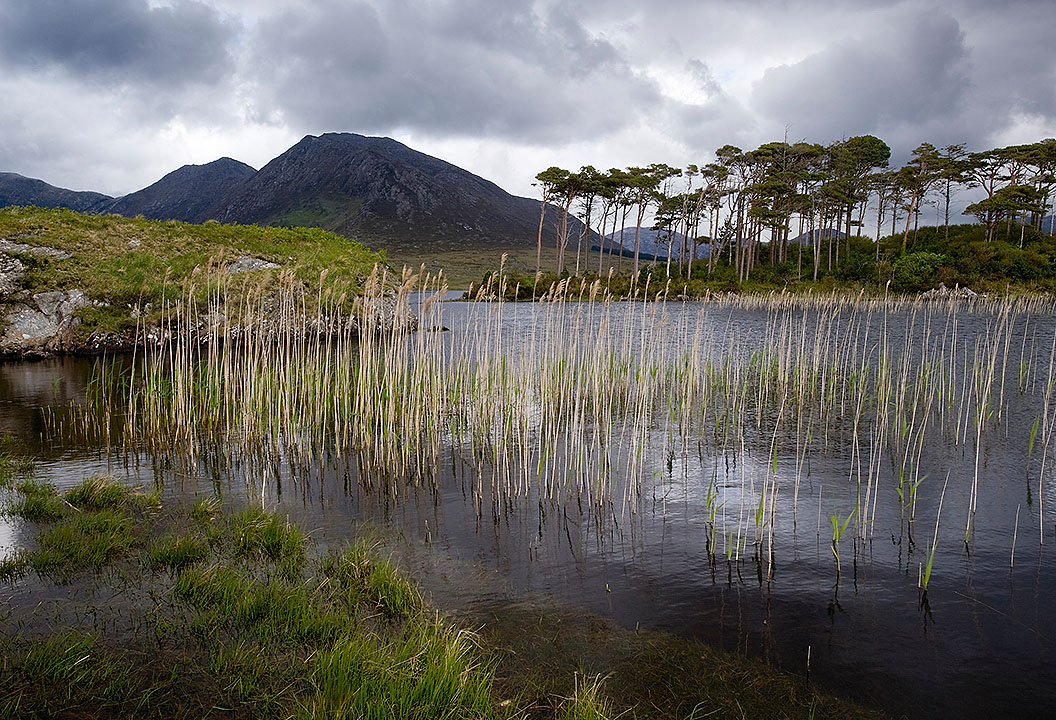Recently a New York woman was killed by a shark on the Maine coast. This is an extremely rare event, and may well be the only recorded fatal shark attack in the state of Maine. The links below will add additional information. Such deaths are, however, likely to become more common. More in a minute.
NYC woman killed in Maine shark attack was former handbag company president
Ultimately this points to a possible growing problem- more attacks. Why would be having more attacks? The seal population along the Northeast coast has expanded exponentially in the last decades. Its enormous in places like Cape Cod where tens of thousand of seals now call home, many of the the large gray seal which tips the scales up to 800 pounds. Well that’s a big hamburger for a great white. And since these juicy burger are very often near the beach, swimmers are literally in the shark’s dining room. In fact in 2018 that lead to the death of Arthur Medici 26, of Massachusetts, who was boogie-boarding on Cape Cod. He was killed by a great white off Newcomb Hollow. Yes it was the first shark fatality on the Cape since 1936, but like the event in Maine this is apt to be the tip of a growing iceberg.
Unfortunately reducing the seal population is a complex issue given that seal are protected under the 1972 federal Marine Mammal Protection Act. At this moment there is no clear path forward. Bathers beware. And beyond the possible danger to beach goers, the seals are causing additional burdens. A gray seal eats upwards of 5o pounds of marine life a day. Wow. That would mainly be local fish populations. Multiple that by thousands of seals and you immediately see the issue. And the presence of great whites along the beach will undoubtedly hurt tourism. All of these concerns center around the concept of wildlife management. Wildlife management is essentially a contract between society and animals to find an acceptable balance for both. Its never a perfect union and always needs adjustment over time. Our management of the seal population is a case in point. Read this update











